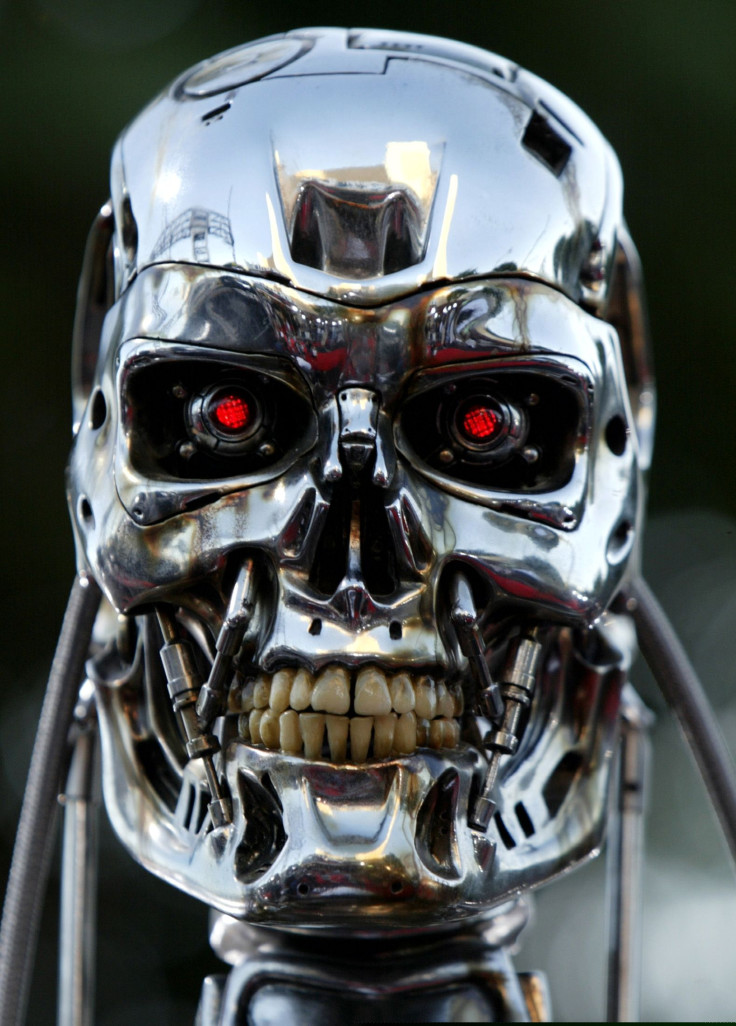Will Robots Take Over? Human Rights Watch Urges Artificial Intelligence Weapons Ban

Human Rights Watch issued a report Friday urging a ban on the development of fully autonomous weapons. The 49-page report entitled "Making the Case: The Dangers of Killer Robots and the Need for a Preemptive Ban" detailed the various dangers of creating weapons that could think for themselves, including the concern that self-operating defense technology would remove the human element from warfare upon which most clauses of military law are bound.
The organization argued machines would not be able to responsibly make the same complex tactical decisions involved in warfare and that existing laws did not adequately cover their use in combat. Human Rights Watch also contended that removing the human element of warfare raised serious moral issues, saying lack of empathy would exacerbate unlawful and unnecessary violence. The organization warned that such technology could be used by authoritarian leaders as a means of controlling and subjugating populations without fear of revolt.
"One of the greatest restraints for the cruelty in war has always been the natural inhibition of humans not to kill or hurt fellow human beings. The natural inhibition is, in fact, so strong that most people would rather die than kill somebody," the report quoted Armin Krishnan, a security studies scholar from Salford University, as writing in a 2009 book on the subject.
To prevent the development of fully autonomous weapons, Human Rights Watch recommended comprehensive, legally binding restrictions on international and national levels, as well as formal discussions on the matter to be held at the Geneva Convention's Fifth Review Conference. Parties to the international treaty's Convention on Conventional Weapons will meet from Monday through Friday discussing the "use of certain conventional weapons which may be deemed to be excessively injurious or to have indiscriminate effects."
English theoretical physicist Stephen Hawking, one of the leading figures in his field, has continually warned about the development of artificial intelligence remarking in October that "the rise of powerful AI will be either the best or the worst thing ever to happen to humanity." In 2014, he suggested that self-aware technology "could spell the end of the human race." Microsoft founder Bill Gates and Tesla CEO Elon Musk have also voiced their worries.
In response to growing concern over the pursuit of fully autonomous technology, the White House issued a report in October praising the development of artificial intelligence and emphasizing its potential role in future day-to-day life. The report reassured readers that security, safety and responsibility were priorities in Washington's vision.
© Copyright IBTimes 2024. All rights reserved.





















